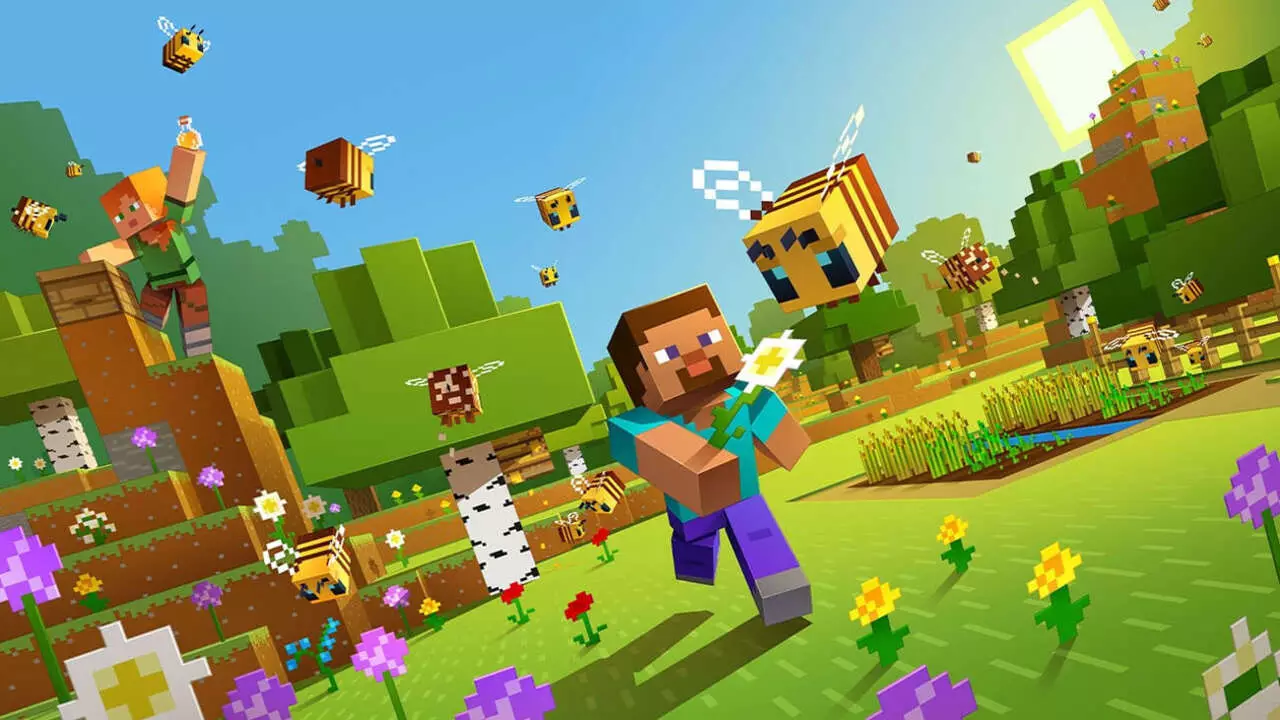The intersection of technology and animal cognition has always piqued human interest, but the recent phenomenon of bonobos playing Minecraft adds a fascinating layer to this narrative. As 2025 witnesses a remarkable upswing in Minecraft’s popularity, including its successful film adaptation, the story of Kanzi and Teko could serve as a pivotal moment in understanding primate intelligence and our obligations towards endangered species. The fact that these bonobos, through innovative educational practices at the Ape Cognition & Conservation Initiative (ACCI) in Iowa, have engaged with a digital game does not merely entertain; it poses profound questions about communication, cognition, and the future of species that share our planet.
Unpacking the Learning Process
Kanzi and Teko’s foray into the world of Minecraft involved more than just playful interaction—it was an enriched learning experience designed to tap into their natural abilities. The ACCI’s approach utilized a touchscreen interface, allowing the bonobos to engage with a complex digital environment that would typically be outside the realm of animal interaction. The clever application of a reward system, where Kanzi earned snacks for mastering mining techniques, speaks volumes about the potential for reinforcing learning through positive feedback. This model can inspire not only animal training but also educational methods for younger students engaging with challenging subjects.
It’s noteworthy that Kanzi, who tragically passed away, was not just playing a game; he was demonstrating profound comprehension skills in both symbolic language and environmental interaction. His legacy as a bonobo who could decode various forms of communication invites us to examine the various ways animals and humans are bonded through intellect and emotional understanding.
The Challenges Ahead for ACCI
While the ACCI works diligently to bridge human and animal communication through innovative methods, the looming threat of government funding cuts casts a shadow on their future initiatives. The valuable research being conducted is not only vital for understanding bonobos but for wider implications regarding animal intelligence as a whole. Preserving these species should take precedence over economic constraints, as losing such invaluable research potential would set back decades of discoveries that contribute to the fields of psychology, linguistics, and conservation.
The dedication of individuals like Jared Taglialatela and Sara Skiba serves as a reminder of the need for advocacy in academia, particularly in non-traditional research avenues that highlight the cognitive abilities of animals. Their commitment to exploring and publicizing the abilities of bonobos like Kanzi and Teko plays a crucial role in generating awareness and inspiring future generations of researchers.
Implications for Society and Conservation
The significant interest sparked by the bonobos playing Minecraft opens a dialogue about the ethical considerations of animal captivity and the importance of conservation. Providing environments where intelligent species can engage with stimuli like video games arguably holds enriching potential, both for the animals and humanity’s understanding of them. As conversations regarding the rights of sentient beings evolve, the spotlight on bonobos and other intelligent animals is more crucial than ever.
As we navigate a world where technology and nature intersect in unprecedented ways, the lessons learned from Kanzi and Teko symbolize the vast potential for empathy and learning. Understanding our closest relatives can deepen our compassion for them, enriching both conservation efforts and the broader narrative of coexistence on our planet.


Leave a Reply